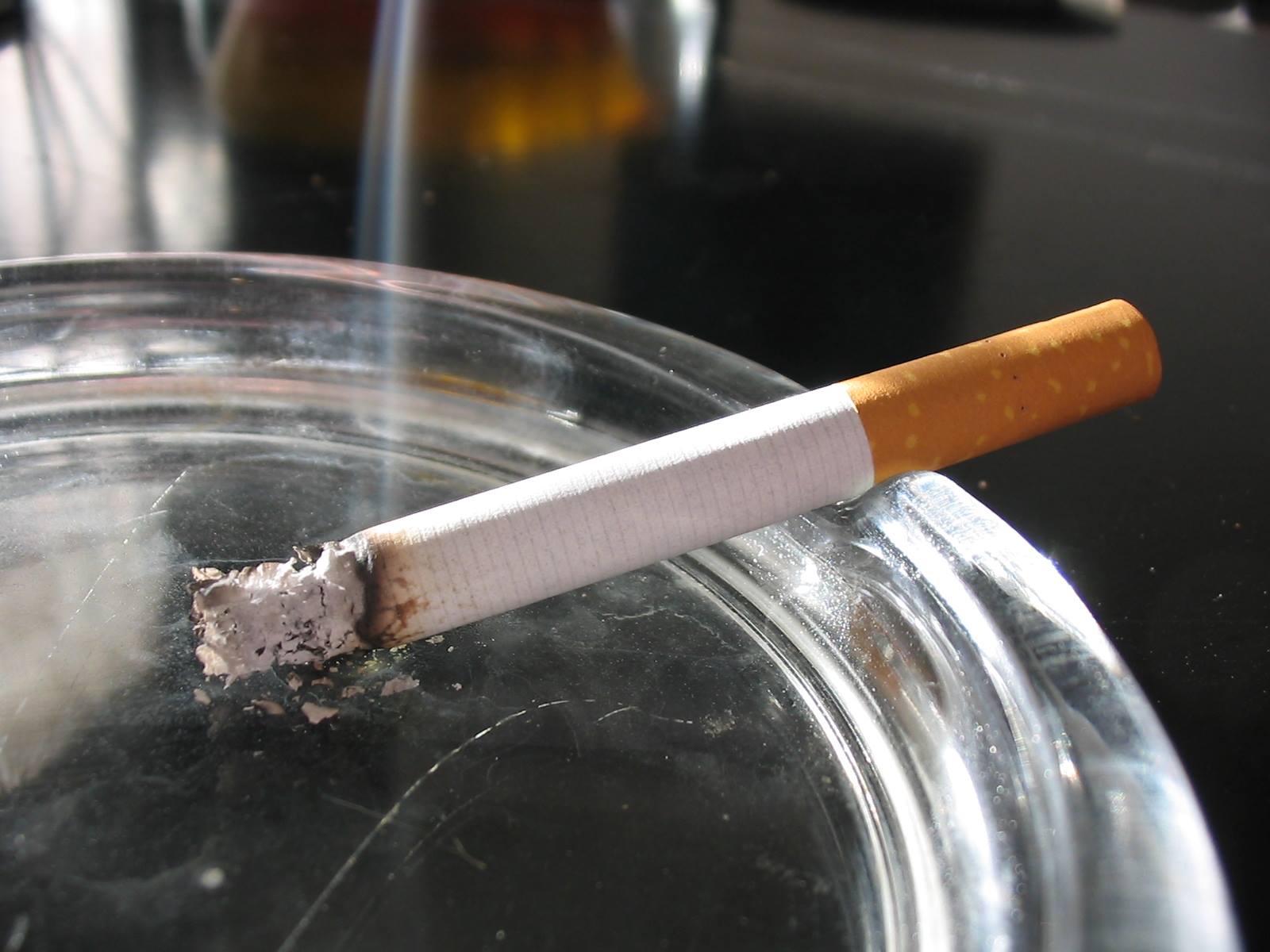
By sequencing the entire genomes of 610 tumors, and examining large parts of thousands more, scientists have created a map of the DNA damage (mutations) caused by smoking. The research addresses 17 different types of smoking-associated cancers.
Smoking definitely causes many genetic changes! This new work shows that people who smoke about 30 cigarettes a day for a year, will accumulate about 150 changes (mutations) in each lung cell. NOT GOOD!
It is easy to understand how tissues (like the lungs) which are directly contacted by smoke, are damaged, but scientists aren’t quite sure how tobacco can put someone at risk for cancers that develop in parts of the body that aren’t directly exposed to the tobacco smoke, such as the bladder and kidneys.
“The tissues with direct tobacco exposure look different than tissues exposed indirectly,” says Steve Rozen of the Duke-NUS Center for Computational Biology in Singapore. “The ones affected indirectly are more mysterious, pointing out that we really don’t know the mechanism by which smoking causes tumors in these tissues.”
Scientists did notice that tobacco increases risk of cancer in organs that are involved in metabolism and waste filtration, such as the liver, bladder, kidneys, and stomach. Since these organs come into contact with the cancer-causing chemicals in cigarette smoke, this makes sense.
